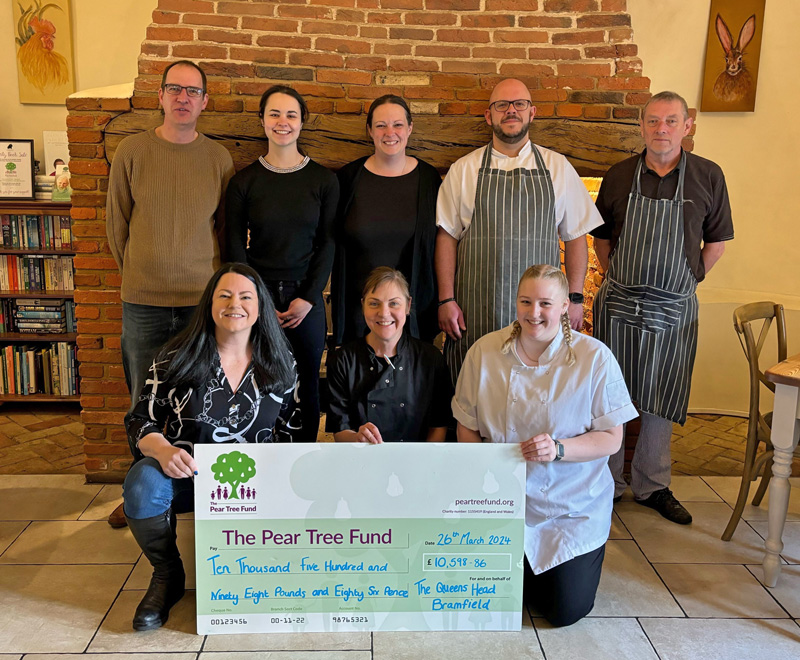
What do you know about cancer?
Some 3000 new cases of cancer are diagnosed every year in Suffolk – with 700 people dying from the disease.
But learning to spot the signs and symptoms will give more people a chance of being treated.
Now NHS Suffolk will work with its partners to increase the awareness of cancer warning signs since people in the most deprived areas of the county are least likely to be symptom aware.
It is the leading cause of premature death, causing 38% of male and 50% of female premature death in the county, said Dr Peter Bradley, NHS Suffolk’s director of public health.
“The public need to be more aware of the signs and symptoms of cancer. Getting an early diagnosis of cancer could literally be a matter of life or death.
“Like other parts of the country, many people in Suffolk have cancer diagnosed too late, which could lead to unnecessary and premature death,” said Dr Bradley.
“Cancer continues to contribute to the gap in life expectancy between the most and least deprived areas of Suffolk. A low awareness of symptoms can lead to delays in seeking medical treatment.
“This is clearly illustrated by the fact that 80% of lung cancers and 49% of bowel cancers in Suffolk were diagnosed too late – yet due to the greater awareness of breast cancer, 87% of these were diagnosed early enough.
“One of the best ways of reducing the risk of cancer is by making lifestyle improvements, including giving up smoking, taking some exercise and eating healthily. NHS Suffolk and its partners are working together to increase peoples’ awareness of how some simple lifestyle changes could make a big difference in preventing cancer.”
Issued by NHS Suffolk Communications Team on 01473 770014
For more information about NHS Suffolk visit www.suffolk.nhs.uk









